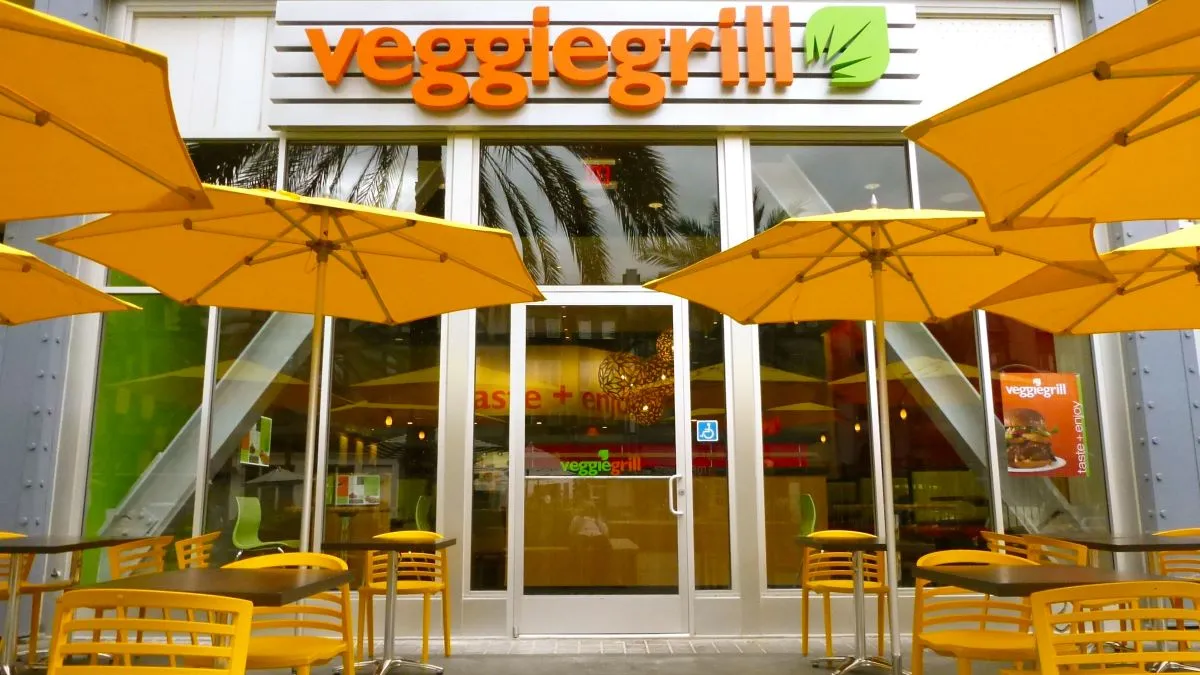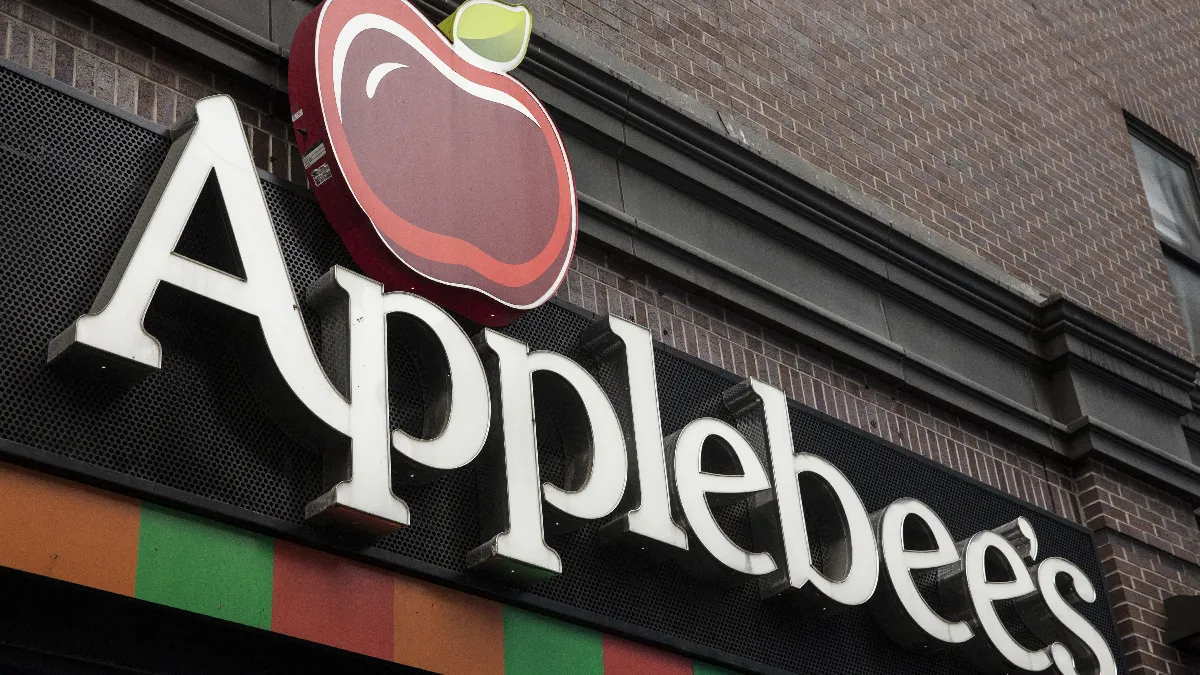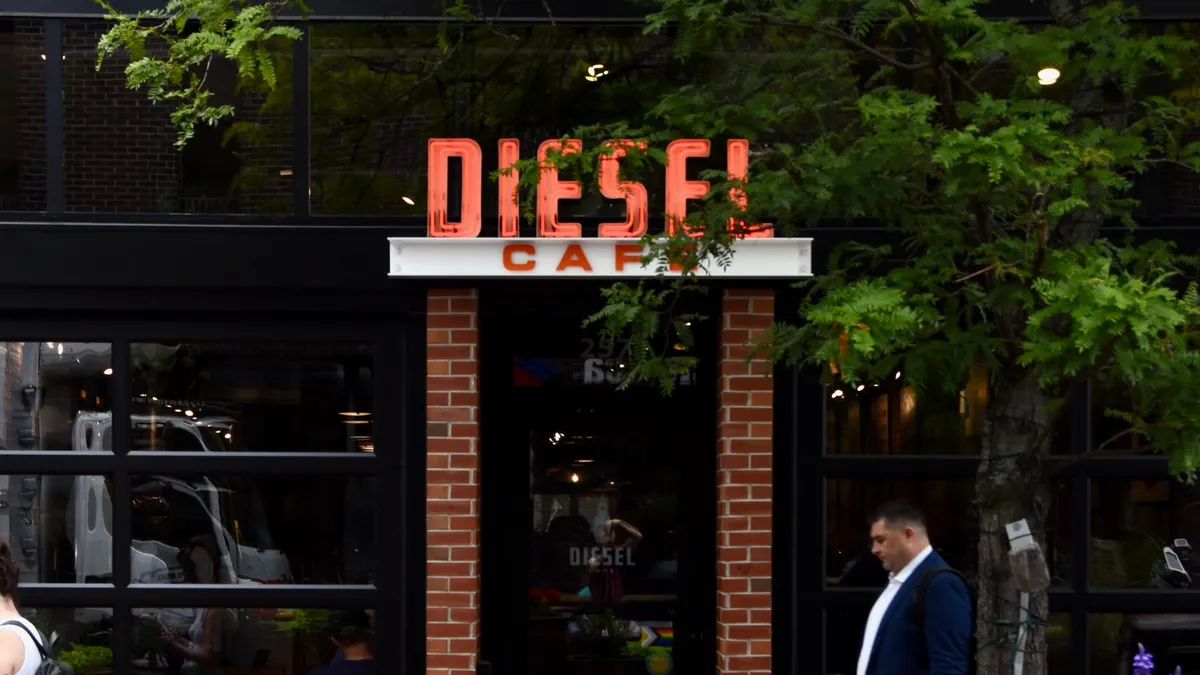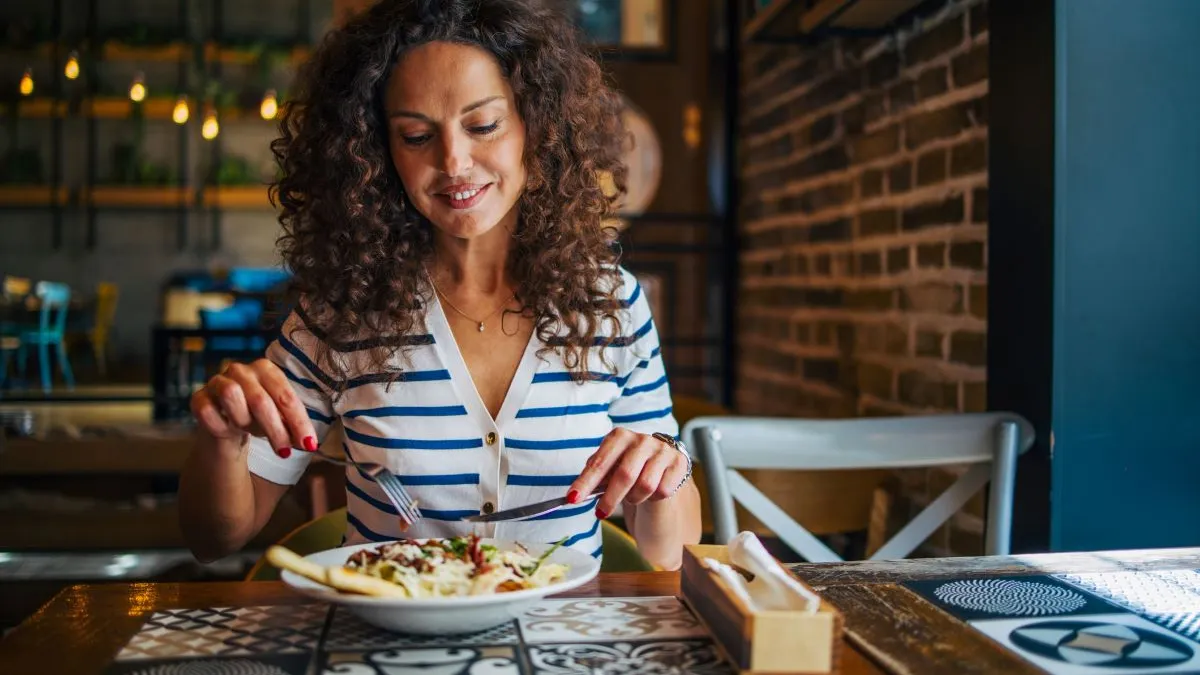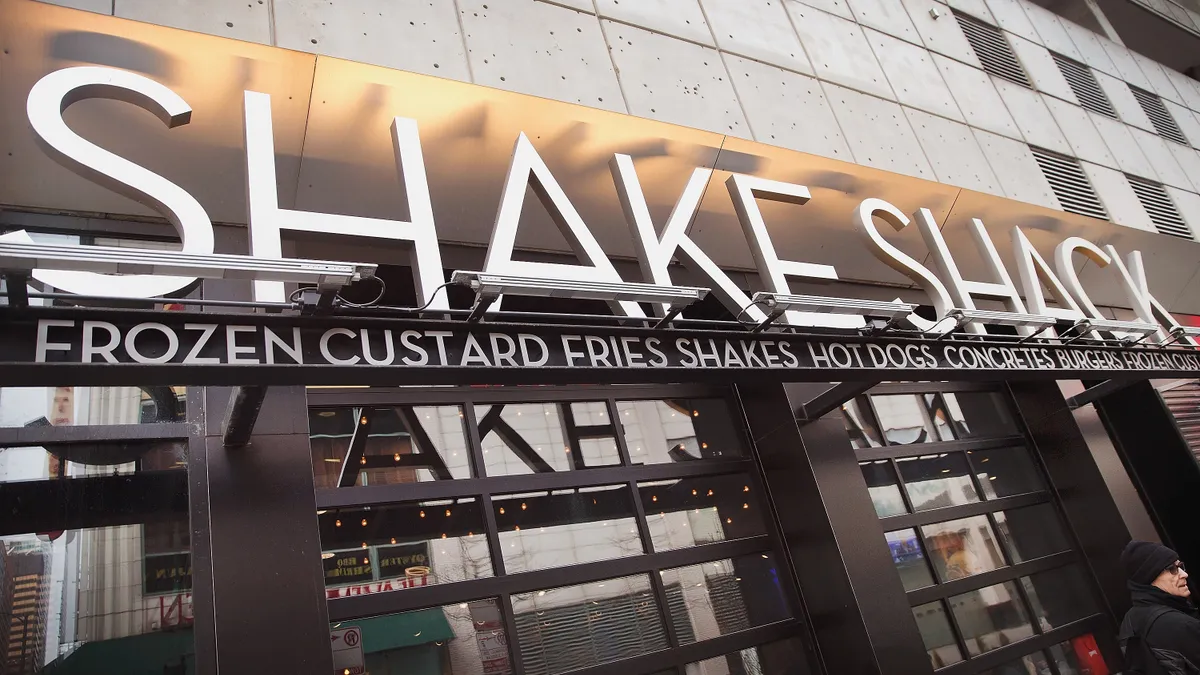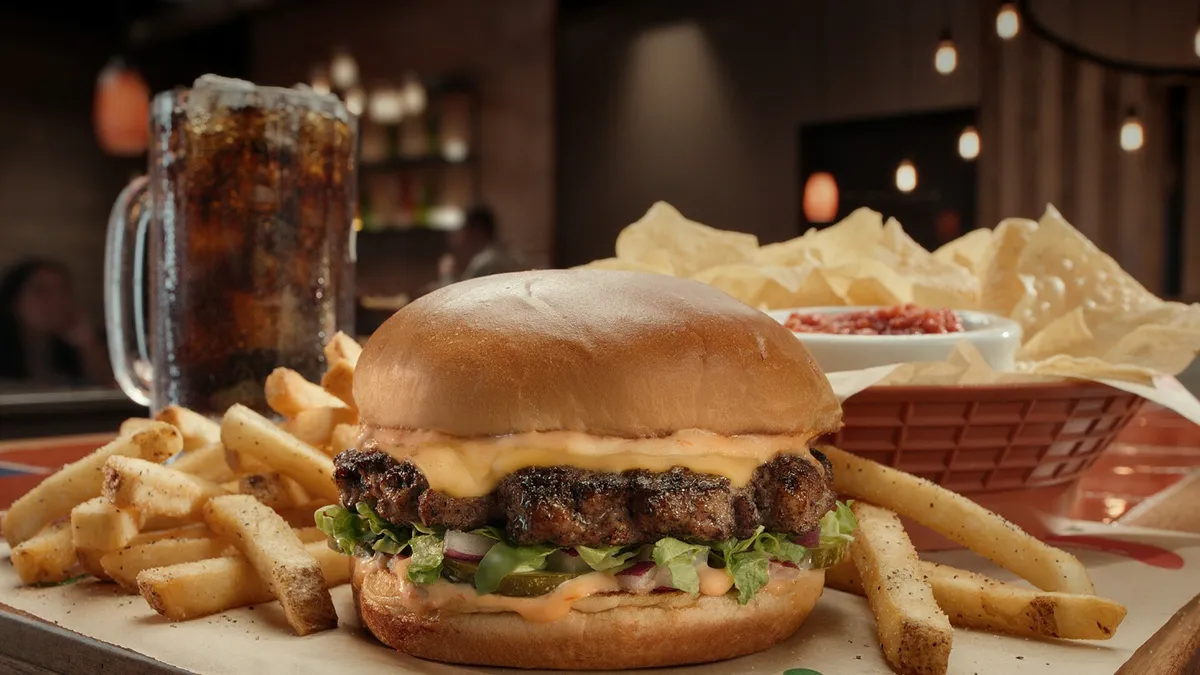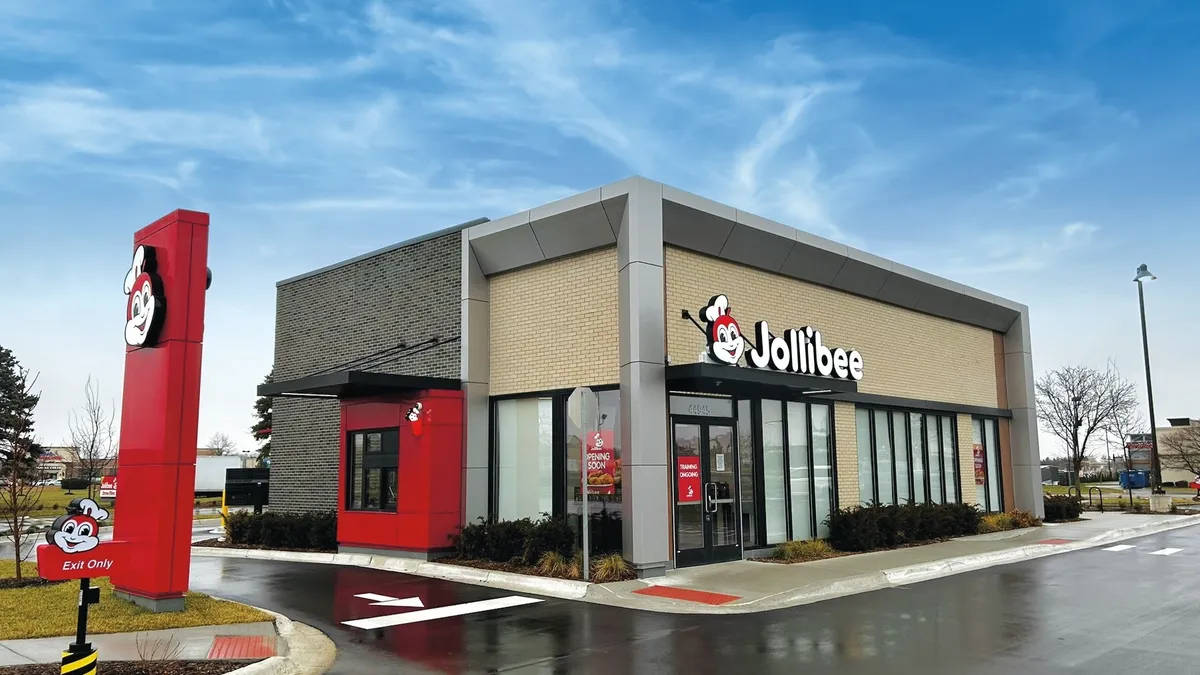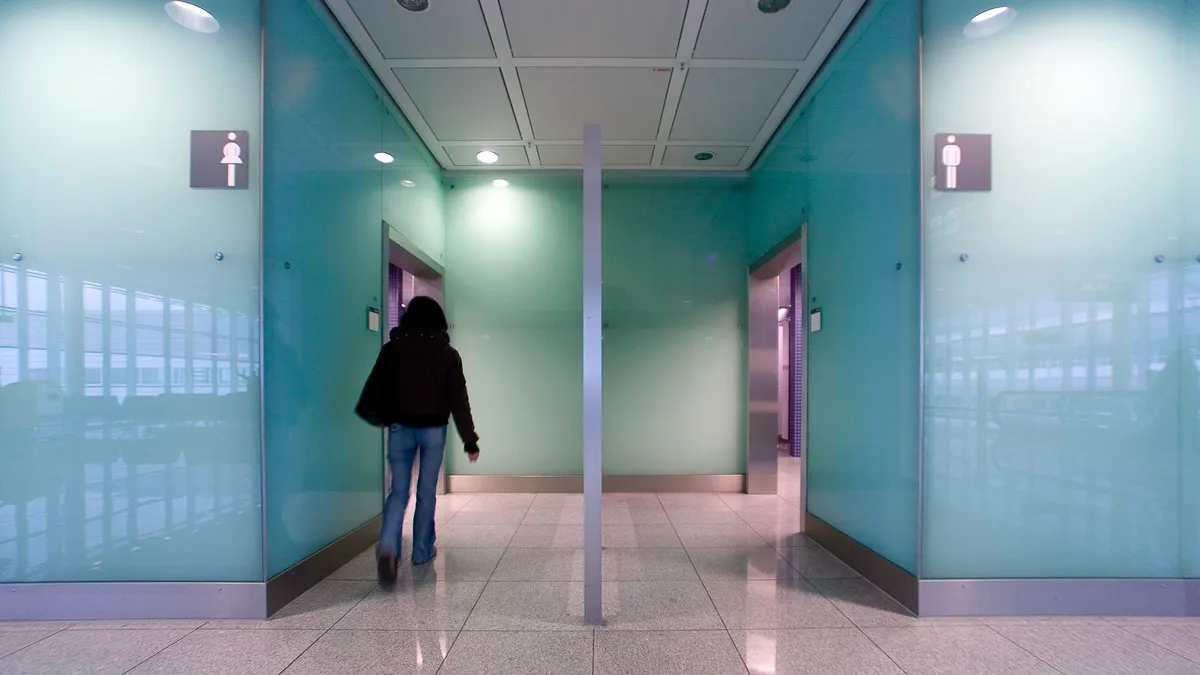In August, Veggie Grill co-founder and CEO T.K. Pillan decided to close 12 locations, trimming the 29-unit chain down to 17 restaurants. Diners are still interested in plant-based fare, he said, but the rise of post-pandemic hybrid work has taken a toll. Since its debut in 2006, Veggie Grill has been partially reliant on office lunch traffic — a business stream that has virtually disappeared, Pillan said.
“Everybody from Starbucks on down has had times where they’ve had to take a step back and reassess their growth plans,” Pillan said. “That’s where we are now. We’re going to take these lessons and really create a sustainable growth plan.”
Veggie Grill isn’t the only restaurant chain that has closed locations in the past few months. Fatz Cafe shuttered all 18 of its locations last month, while Wild Wing Cafe cut 15 restaurants and filed for bankruptcy. O’Charley’s has closed 51 units so far this year, removing units at malls or other retailers that have struggled to maintain steady customer traffic, according to Restaurant Business.
Following its closures, Veggie Grill is adjusting its expansion strategy. Instead of focusing on office populations, the restaurant will target more residential areas, he said.
Pillan spoke with Restaurant Dive about Veggie Grill’s strategic realignment, how the company is re-focusing on menu development and what the future looks like for the chain.
Editor’s note: This interview has been edited for clarity and brevity.
RESTAURANT DIVE: What made you decide to close a dozen stores?
T.K. PILLAN: Instead of trying to continue to manage units that, without office traffic, would not be profitable, we determined it would be a better long-term move to right-size our fleet of restaurants. This allows us to really focus on the restaurants where the economics are strong, continue to focus on innovating on the menu, and then grow into other locations based on this new world of how consumers really use fast casual restaurants.
What have you learned from these closures?
In 2022, we tried to do a lot of things to grow our infrastructure, and we spread ourselves a little thin. We launched a second brick-and-mortar brand, Stand Up Burgers [now defunct], in 2021, but we learned that it's really hard to create one great brand, let alone two.
We were pivoting through a lot of the COVID-19 issues and it seemed like a way to reopen some of our hardest-hit locations as Stand Up Burgers. We were innovating, pivoting and turning what we thought was a crisis into an opportunity when we reopened these locations with this plant-based burger brand that had a smaller menu.
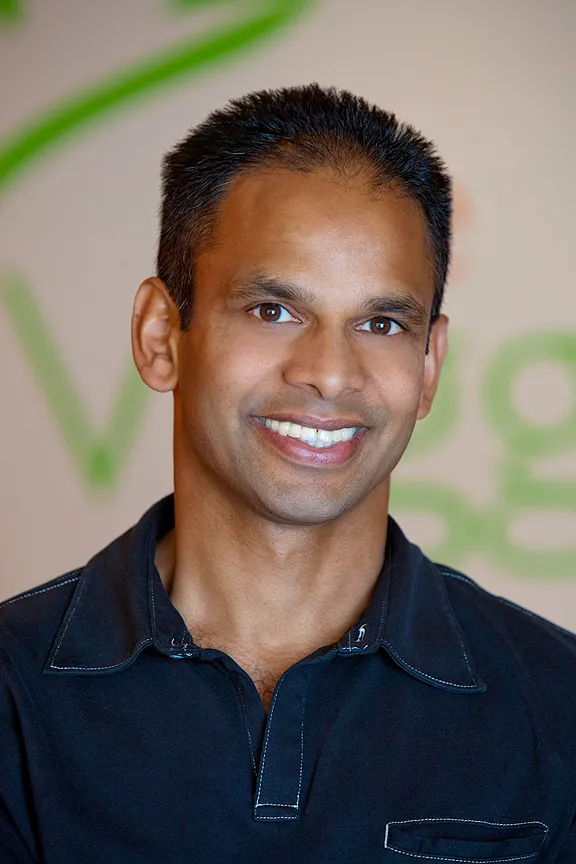
The second brand diverted energy. Now that we’ve removed that brand, we're back to really putting 100% of our energy behind making the Veggie Grill menu as compelling as possible to eaters of all kinds. In the restaurant world, you’ve got to be laser-focused on your core value proposition and make sure you put all your energy on continuing to deliver on it.
What will it take for Veggie Grill to get back to positive unit growth in the future?
We’re hoping to be there next year. Now that we've recalibrated, we think there's a great opportunity for us to keep growing into a lot of different markets because these markets are now ready for plant-based food. Right now, we've got our foundation on the West Coast, and then we've got Boston. We look at a lot of different metro markets, from Dallas to Houston to Atlanta to Phoenix to Denver, and they're all ready for plant-based foods. We look forward to being able to really get back to making it accessible across the country.
How are you approaching menu development?
We just launched several new items with a company called Yo Egg that has a sunny-side up egg that we put on top of a kimchi burger and on top of a huevos rancheros bowl. In September, we're getting ready to partner with Beyond Meat on their new Beyond Steak product that's pretty revolutionary in the fact that it's low in sodium, low in fat, but really mimics the taste of steak. We're really excited about that.
In November, we're partnering with Prime Roots on a koji turkey that's made with mycelium, which is mushroom-based, and has a really healthy ingredients deck. We're looking at a new carrot cheese. We're getting back to all of the exciting, innovative, plant-based foods that really made Veggie Grill a pioneer and leader in the plant-based restaurant world.
How do these plant-based partnerships coincide with Veggie Grill’s menu development strategy?
Everything we do is around nutritious salads and bowls or familiar, classic American sandwiches or burgers, but leveraging veggie proteins to deliver the same experience without the cholesterol and animal fat. We’ve always innovated on that. When we first started, we were making our own tempeh and seitan, and we started working with some of the early meat analogue companies like Gardein, and delivered what people thought was an amazing chicken sandwich that still is very popular on our menu. Over the years, we’ve worked with some of the newer companies. We were the first restaurant chain to launch plant-based cheese, and the first one to launch the Beyond Burger. Now we’re the first chain to launch Yo Egg. Now there's some exciting new mushroom-based ingredients. We're looking at new flavor profiles with tofu and tempeh and different grains like einkorn berries.
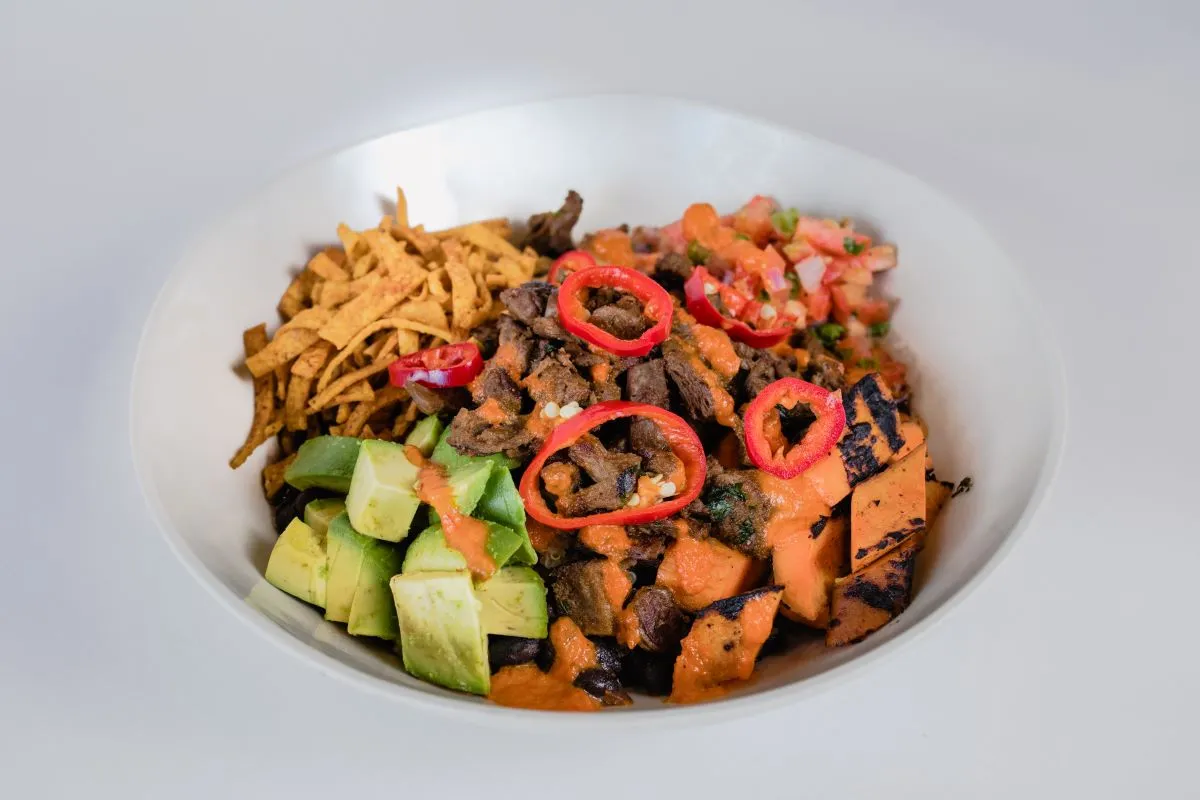
Some chains have had trouble moving their plant-based items. How have customers responded to your offerings?
If you go back to when we started in 2006, it’s like night and day. It's a much bigger market. People are aware of plant-based alternatives and the fact that they can get the same taste and texture. And through that growth, there has been some pushback because there are certainly parties out there that have a vested interest in pushing back. There's ebbs and flows in terms of innovation and so I think we've seen some of those ebbs recently around some of the plant-based burgers. Are they really healthier? They have no cholesterol. They are much better for the planet. They have a lot of benefits, but they’re not as healthy as whole plant-based foods. That’s where there's been some confusion.
But the consumer demand continues. You can't deny the benefits from a health standpoint. You can't deny the benefits from an environmental standpoint. Gen Z is embracing and understanding that there are a lot of good reasons to eat plant-based foods, and they're the ones that are taking the baton and really pushing the movement forward. So it's growing and it's continuing to grow.
You have different restaurants that have different competencies, and they're not really invested in delivering the best plant-based experiences. They’ll do it to get a certain percentage of revenue from a base. If it doesn't end up delivering them, they take it off their menu because they're not really catering to that audience to start with.
Where do you see Veggie Grill five years from now?
You’ll hopefully see Veggie Grill across quite a few major markets. Our goal is to relaunch our franchise program next year. That will allow us to grow a lot more quickly into other markets. We did put in place some of the foundations of a franchise program that we then put on hold as we get through this reconfiguration phase. I’m hoping in five years we’re in at least five new markets with great franchise partners. We’re not in this for a quick win. We’re in this to build a long-term impact.



